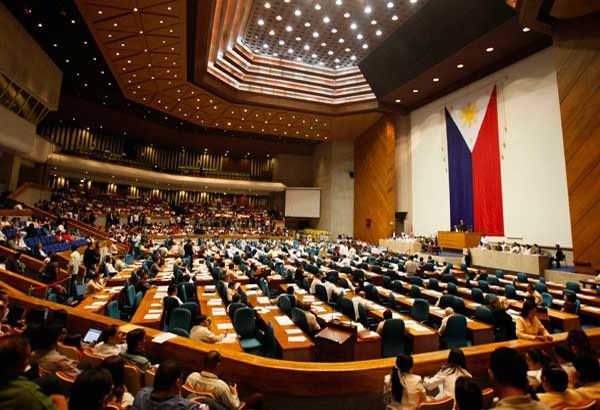Senate approves extradition, legal assistance treaties with Russia

MANILA, Philippines — The Senate foreign relations committee approved yesterday the extradition and mutual legal assistance treaties with the Russian Federation.
The panel, chaired by Sen. Aquilino Pimentel III, passed the Philippine-Russian Federation extradition treaty and the Philippine-Russian Federation mutual legal assistance treaty (MLAT) that paved the way for a technical working group (TWG) to start clarifying some details on the two documents raised by some senators.
Pimentel said the Philippines has extradition treaties with 13 countries, namely Australia, Canada, China, Hong Kong, India, Indonesia, Micronesia, Spain, South Korea, Switzerland, Thailand, United Kingdom and the US.
Foreign Affairs Undersecretary Enrique Manalo said Senate concurrence on the two treaties is required by the Constitution, after then Justice Secretary Vitaliano Aguirre and his Russian counterpart signed them in 2017.
President Duterte signed the extradition treaty on Sept. 17 and the MLAT on Sept. 26.
Manalo said once ratified by the Senate, the treaties will come into force and enhance legal cooperation of the Philippines with the Russian Federation and comply with international legal obligations, as well as UN conventions.
Sen. Francis Tolentino raised some questions during the hearing, particularly on the issue of the death penalty.
“If a Filipino citizen is convicted in Russia and death penalty about to be imposed, can the Philippines seek extradition to prevent the imposition of the death penalty, can we use this treaty?” Tolentino asked Justice Undersecretary Mark Perete.
“It has not been tested yet whether an extradition treaty may be used to prevent the imposition of the death penalty,” Perete replied.
Tolentino pressed on: “The treaty is silent?”
“Yes, your honor, though there is somewhat a similar case. Because of its possible legal repercussion we might not be in a position to discuss the details of the case,” Perete said.
According to the Department of Justice, the types of mutual legal assistance which the Philippines may provide in respect to criminal matters include taking the testimony or statement of persons; providing documents, records and items of evidence; locating or identifying witnesses or suspects; effecting serving documents; making arrangements for persons to give evidence or assist in investigation; identifying, tracing, restraining, forfeiting and confiscating proceeds and instrumentalities of criminal activities, including restraining of dealings in property or the freezing of assets alleged to be related to a criminal matter; and executing requests for searches and seizures.
- Latest
- Trending



























